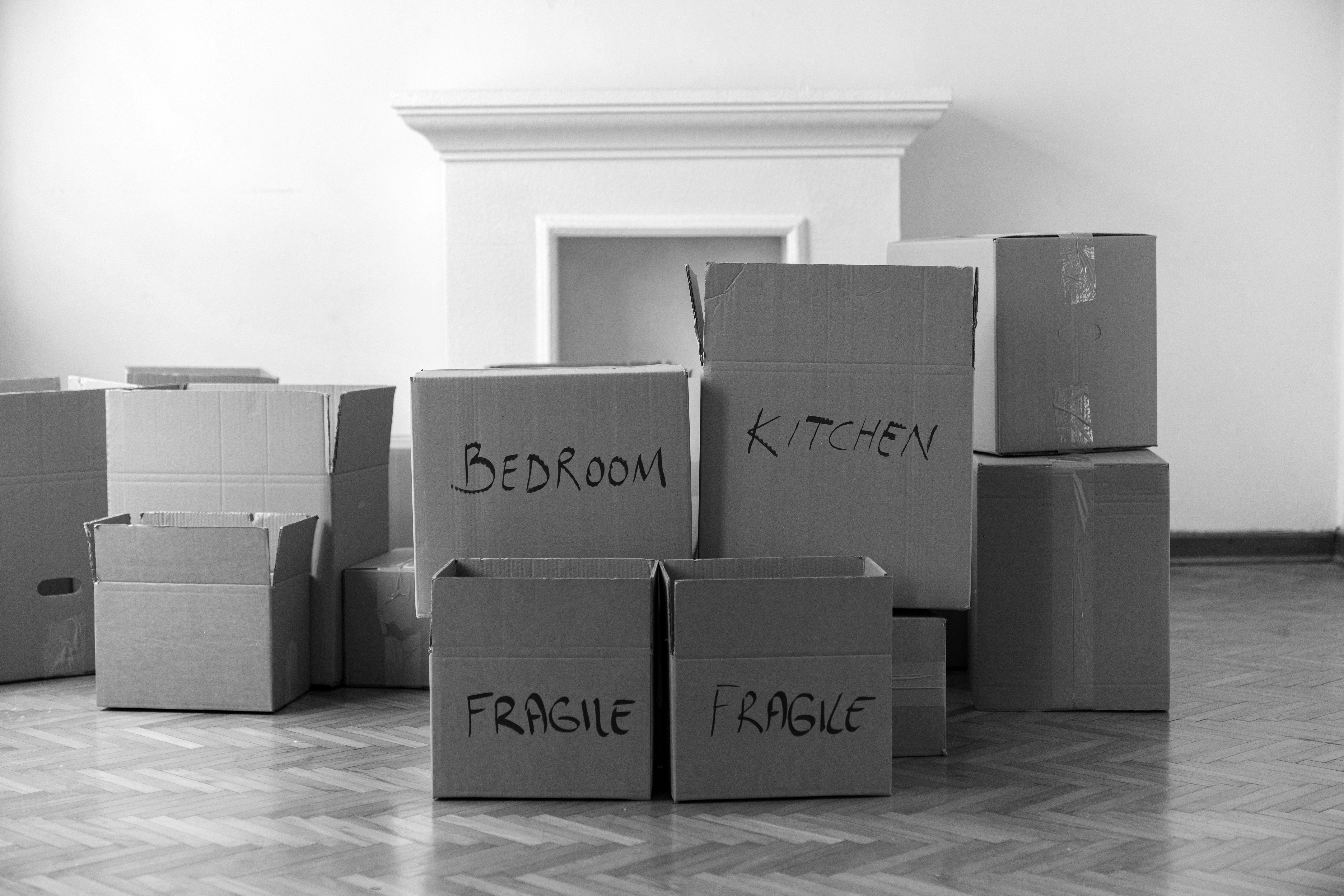Buying a home is a huge milestone. Congratulations for taking the first steps! Here's a quick checklist to get you started on your homebuying journey:
Educate Yourself
In this era of instant information, there's no shortage of online resources out there to help guide you on your path to homeownership. Here's the thing: for what is likely the biggest financial investment of your life, it's best to find a trustworthy, unbiased resource that's looking out for your best interests (not their own!). The ultimate decisions along this journey will be yours — which property to bid on, setting your maximum budget, and choosing the right mortgage are all pivotal choices you'll make. Being well-prepared will boost your confidence when making these decisions.
We recommend the following free courses that can guide you through the entire process of home buying, and even provide a certificate at the end of their courses that you can use for things like affordable mortgage products or downpayment assistance grants! Check out: HomeView, by Fannie Mae or Credit Smart, by Freddie Mac. If you're the kind of person who'd prefer to talk with an expert one-on-one, you can always connect with a nonprofit homeownership advisor (here's a list from the CFPB).
Set Your Budget
If you're not paying the full price in cash, your budget will depend on the amount a lender approves and the monthly payments you can manage. Online mortgage calculators can give you an idea, but a lender’s preapproval will provide a clearer picture. Remember, aside from your down payment, you'll need funds for closing costs, which can range from 2-5% of the total loan amount. Various programs offer financial assistance, especially for first-time buyers.
Check Your Credit Score
A good credit score can open doors to a wide array of mortgage options with favorable interest rates. However, even with a less-than-perfect score, you can still qualify for loans. Review your credit score and take steps to improve it if possible. Also, go through your credit reports to ensure all the information is accurate.
Research Real Estate Agents
Some agents believe it’s inefficient to look at houses before getting preapproved for a mortgage since you won't know your loan eligibility. However, once you start seeking representation, you’ll likely meet with potential agents. To find the right agent, ask for referrals from recent homebuyers or those connected to local brokers. It's wise to talk to several agents before making a choice, as signing a contract usually means committing to one agent for a few months.
Attend Open Houses
Browsing online listings is useful, but open houses allow you to see homes in person and understand what fits your budget. You'll also gain insights from sales agents and familiarize yourself with real estate jargon. Open houses are an opportunity to explore independently, without needing a real estate agent present. Be cautious at these events; avoid pressure from listing agents to sign documents or provide contact information. They often collect contacts to follow up on sales and to find buyers in need of representation. Nonetheless, visiting homes can be an enjoyable part of the process, so make the most of it!
Home







